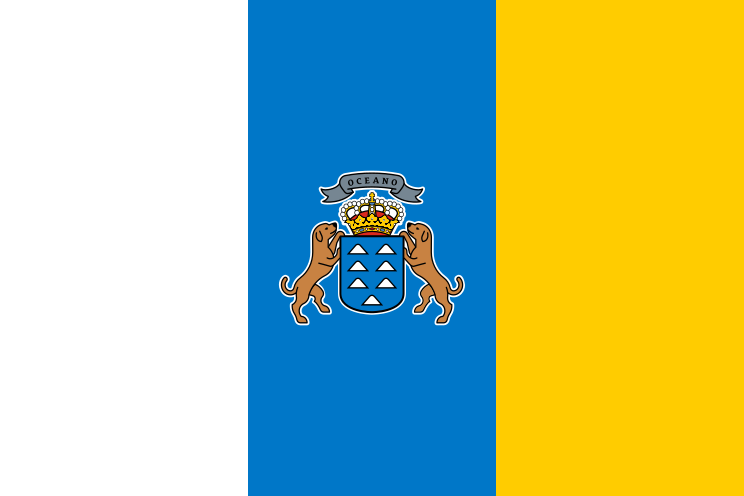
The story of War - its impact - is not so much about what happens during a given conflict or even after. Rather, what of life before the storm? Taken in perspective, this is where the essential tragedy of war-making lay. James Bradley's
Flyboys: A True Story of Courage excels at exploring this question. 9 U.S. Naval airmen during the latter stages of the Second World War are shot down over the Japanese island of
Ichi Jima, one a
future President of the United States. Their fates vary, but taking one from being a soda jerk in rural Missouri to a desolate, sulphur-
ladened, rock in the North Pacific makes for the thickest of ironies. Bradley tells the story well.
The author is also adept at setting the stage of the early War in terms of colonial aggression. Colonialism, back to its genesis has been the province of the white European: the English, French, Dutch, Spanish, Italians, Portuguese, Germans...heck, even the Vikings and their
predecessing Normans were adept imperialists. However, when it came time for Japan to step forward and acquire its piece of the colonial pie, they were met with resistance. He acknowledges the West's
hypocrisy, but never comes anywhere close to
becoming a Tokyo apologist. This is, however, a refreshing view of the East Asian Co-prosperity Sphere (
Imperialese for Japan's occupation of East Asia), and one that this librarian's not read before. Let's just look at this as a fuller view of history and certainly nothing more.
There's a lot going on in
Flyboys, but if ever one were able to take that Missouri soda jerk and place him not more than a few degrees from
Hideki Tojo, Bradley does. He pulls it off.
Also take note of the closing pages of the book. The sentimentality of the books final passage will leave you with a thoughtful smile.
 mequetrefe
mequetrefe





















